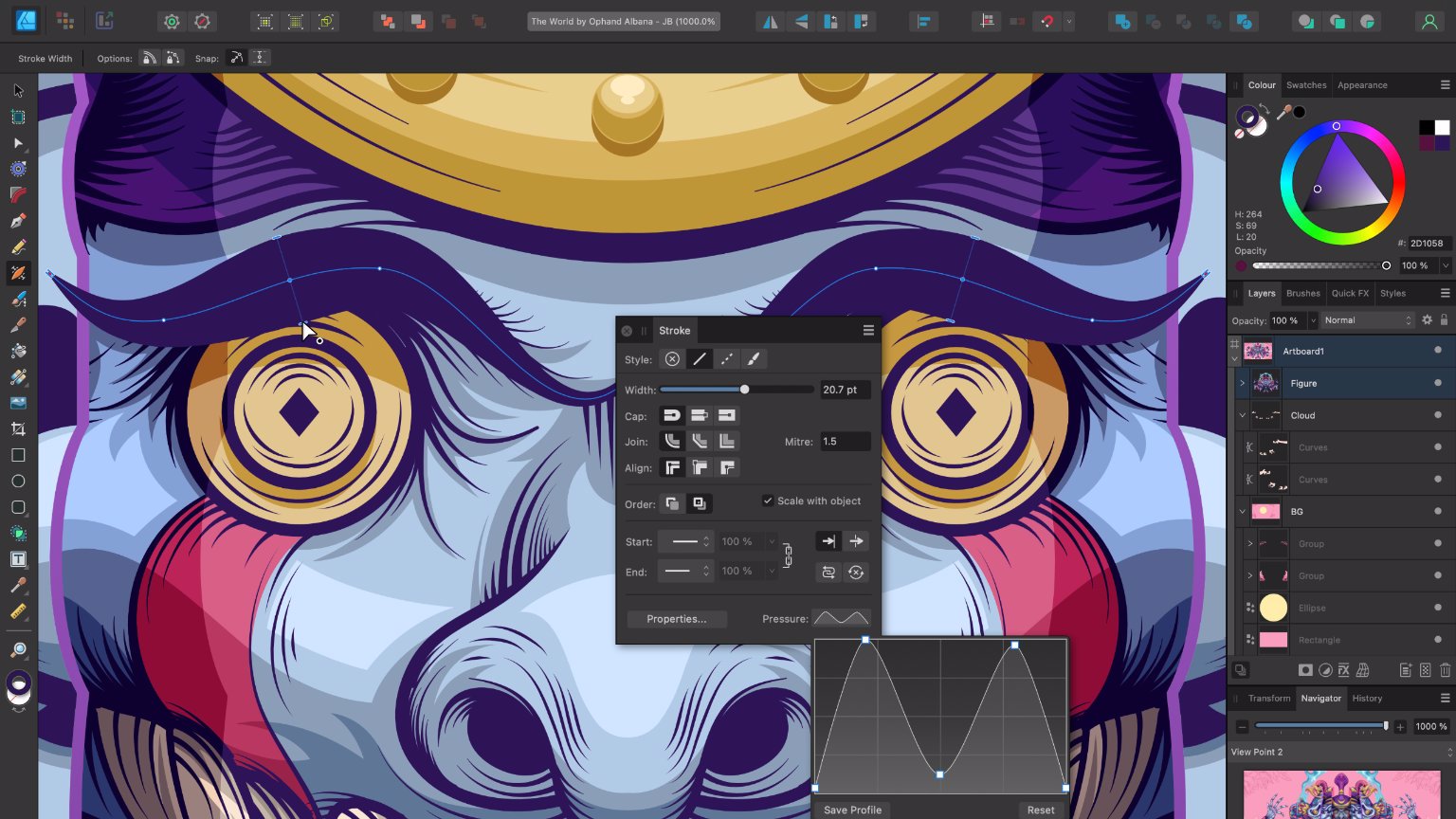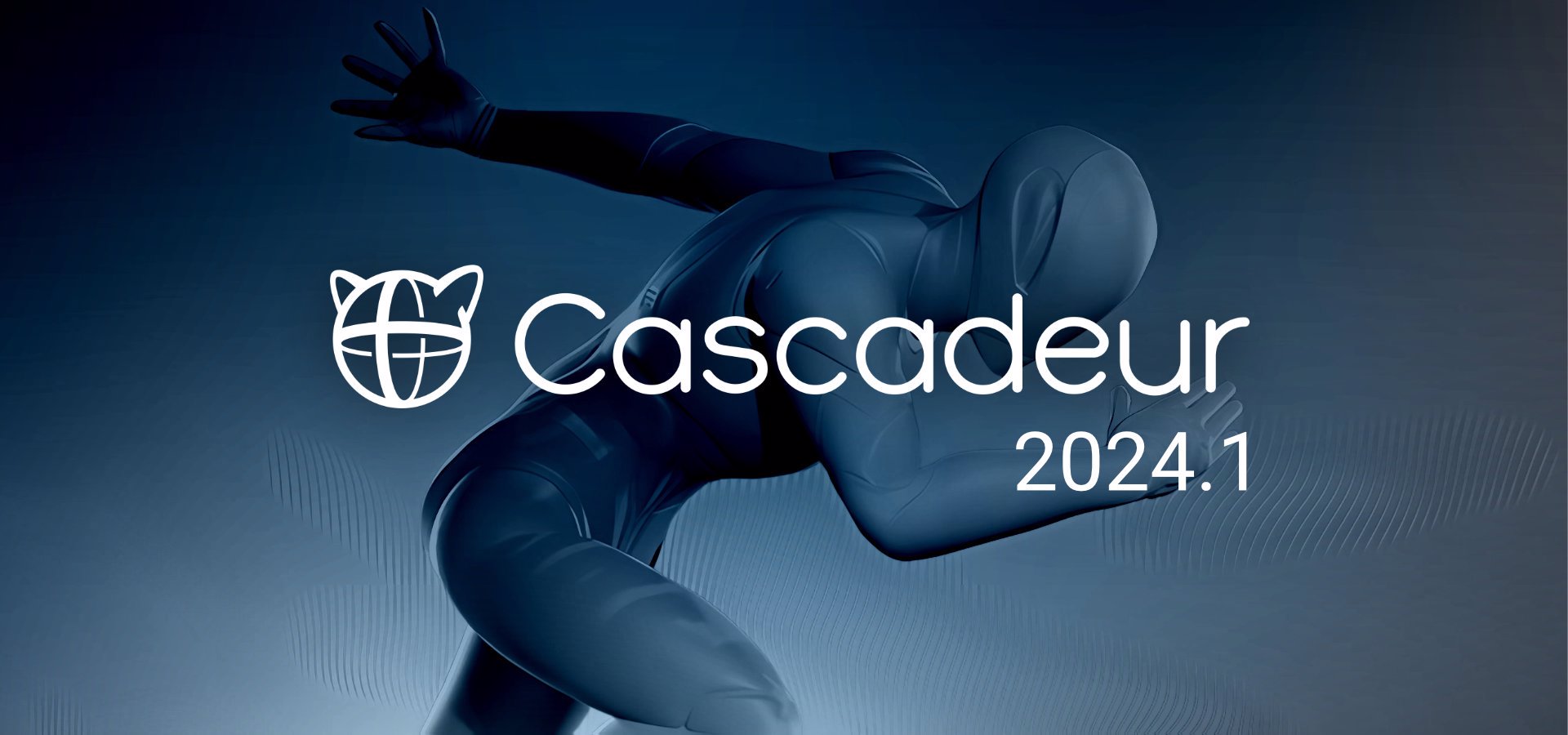The Affinity suite of applications, developed by Serif, has long been considered a strong alternative to Adobe's creative software lineup, specifically Photoshop, Illustrator, and InDesign. Within the Affinity suite, these counterparts were known as Affinity Photo, Affinity Designer, and Affinity Publisher, respectively. Each application was designed for a distinct purpose: Photo for raster image editing, Designer for vector graphics, and Publisher for desktop publishing workflows for both printed and online media.
Last year, Serif was acquired by Canva, the company behind the popular online graphic design platform of the same name. The acquisition raised concerns about the future of the Affinity suite, which had been available through a perpetual license purchase model.

Recently, the Affinity line of applications became unavailable for purchase, heightening those concerns. Visitors to the website were met with a message stating that an announcement would be made soon. That announcement has now been made: the suite has been integrated into a single, unified application and made available for free. Simply named Affinity, it retains and refines the functionality of the original standalone applications, allowing users to design, edit, and publish from the same interface for a more streamlined workflow.
When Affinity joined the Canva family last year, we made a promise to preserve its power while expanding what’s possible. Today, that vision comes to life with the all-new Affinity: a studio-grade creative app that brings vector, photo, and layout tools together in one high-performance platform. Fully featured. Lightning-fast. And completely free.
The updated application also introduces new features, including the ability to create custom studios. Studios is a new personalization feature that allows creatives to mix and match tools from Vector, Pixel, and Layout modes to build a workspace tailored to their process. Users can rearrange panels, choose which tools to keep or remove, and save multiple setups for different projects or tasks. Custom studios can also be shared and downloaded, enabling teams and creative communities to exchange workflows and learn from one another.
Canva has stated that Affinity is now enhanced by its own technology, with Canva AI tools integrated directly through the new Canva AI Studio. These include Generative Fill, Expand & Edit, and Remove Background. Such features can accelerate repetitive tasks while allowing designers to maintain full creative control over every detail. These AI tools, however, require an active paid Canva subscription plan.
Whether you’re refining a complex composite or extending parts of an image, these features work quietly in the background, supporting your process without ever getting in the way of craft.
For those who prefer not to use the AI features, they can be easily disabled through a simple toggle switch.
In addition, projects can now be exported from Affinity to Canva in just a few clicks, making it easier to collaborate, scale, or publish work.
Canva has acknowledged that the Affinity community may be curious about what all these changes mean and has clarified that Affinity remains a professional design suite built for people who care deeply about their craft. It is now further strengthened by Canva's support and resources to continue its development.
Canva has also stated that Affinity will remain free forever, with no catches, limitations, or reduced functionality, and that users' projects will not be used to train AI models. The company explains that it has built a sustainable business model allowing Affinity to be offered at no cost, noting that as more professionals adopt Affinity, Canva can sell more seats into businesses. In addition, Canva will also be able to generate revenue from individual users through paid subscriptions, which provide various benefits, including access to the AI tools within Affinity.
Affinity is now available for Windows and macOS, with an iPad version reportedly coming soon.
For more information, be sure to check out the official announcement on Canva's website.




